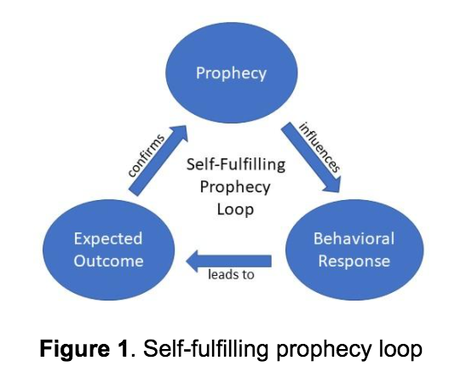"In a classic piece of psychology research, a primary school teacher and a professor teamed up to study how far expectations drive outcomes. To do so, they administered IQ tests to California pupils in grades one through six. Teachers were told that certain pupils—around 20 percent—showed great promise and could be expected to make exceptional progress. At the end of the year, that forecast proved true: the IQ of the nominated pupils showed superior improvement. But, like all great social psychology experiments, this one had a catch. The “high-potential students” had been chosen at random. What came to be known as the Pygmalion effect argued that it is expectations, more than innate ability, that influence outcomes. Never mind who’s gifted, who’s talented. Expect great things and you are more likely to get them.The talent, energy, insight, and opportunity of any organization lies with its people. They are where all ideas come from; they are its best early-warning system. All of the risk and all of the opportunities lie in the workforce. In just cultures, no one needs permission to be creative or courageous. But they do need support, encouragement, and belief....Moreover, “the Pygmalion effect is not a benefit enjoyed by some at the expense of others. It is a boon that can be shared by all.” Nobody had to fail for the others to succeed....Many organizations disable much of their workforce by applying processes that confer the opposite of the Pygmalion effect."
Mostrar mensagens com a etiqueta efeito pigmalião. Mostrar todas as mensagens
Mostrar mensagens com a etiqueta efeito pigmalião. Mostrar todas as mensagens
quinta-feira, janeiro 05, 2023
Para reflexão. Mesmo!
Trechos retirados de "Beyond Measure: The Big Impact of Small Changes" de Margaret Heffernan.
Subscrever:
Comentários (Atom)


%2006.21.jpeg)












